-
2025 Year in Review
01/14/2026
.png) 2025 was another outstanding year for the Firm, as we delivered key wins in a range of complex litigation; achieved successful results in transactional matters totaling more than $1 billion, including a single $100 million private art sale; shared our expertise through a variety of speaking engagements; and marked an exciting milestone with our move to the historic Fuller Building.
2025 was another outstanding year for the Firm, as we delivered key wins in a range of complex litigation; achieved successful results in transactional matters totaling more than $1 billion, including a single $100 million private art sale; shared our expertise through a variety of speaking engagements; and marked an exciting milestone with our move to the historic Fuller Building.
-
Lawsuit Exemplifies Risks and Pitfalls In Artist-Gallery Relationship
12/16/2025
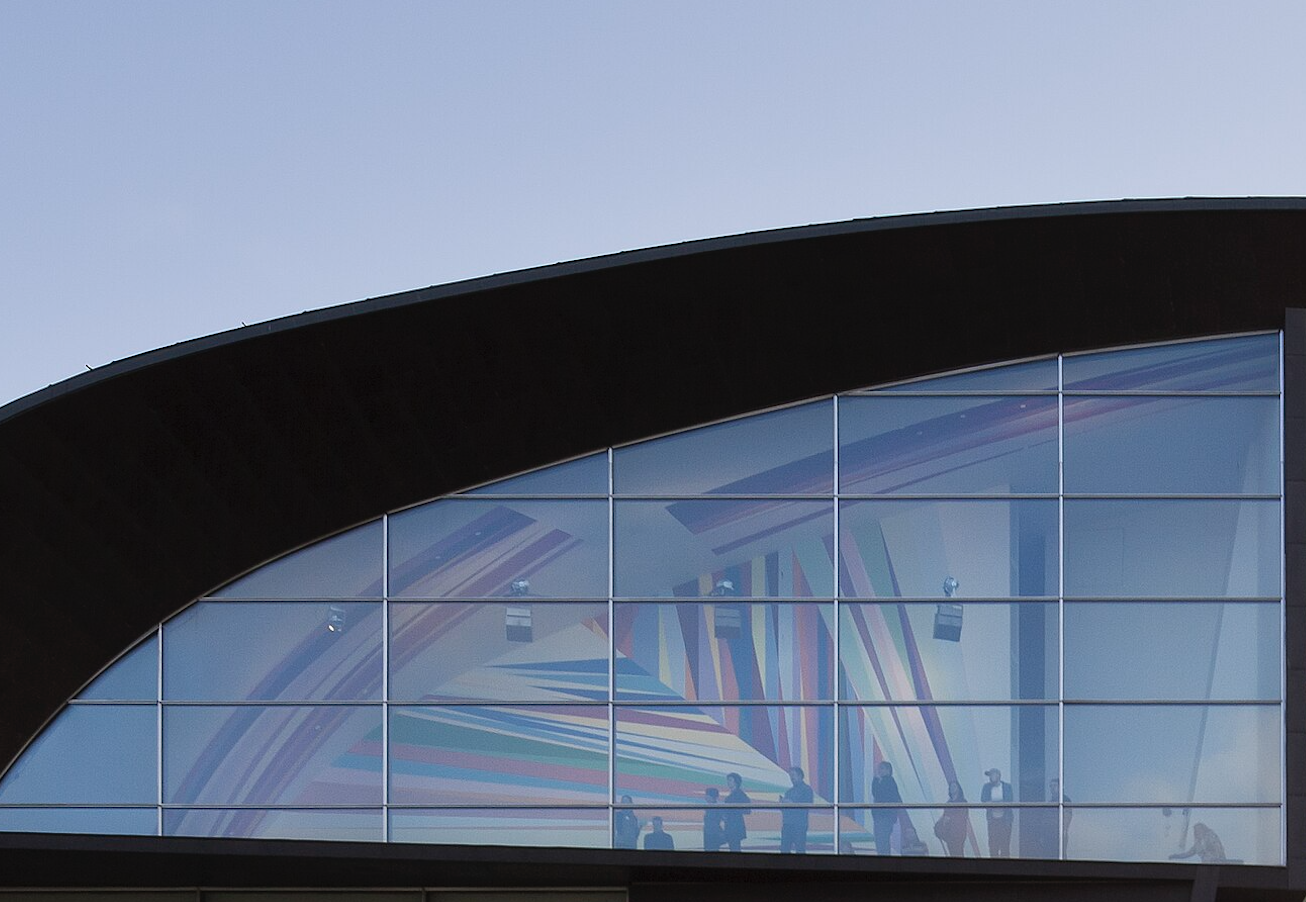 The Manhattan-based Jack Shainman Gallery has sold artworks by Nigerian-American painter Odili Donald Odita for years. But this fall, disputes between the artist and gallery devolved into a lawsuit filed in New York state court. Their claims highlight some of the ways an artist’s relationship with his or her primary-market gallery can go awry.
The Manhattan-based Jack Shainman Gallery has sold artworks by Nigerian-American painter Odili Donald Odita for years. But this fall, disputes between the artist and gallery devolved into a lawsuit filed in New York state court. Their claims highlight some of the ways an artist’s relationship with his or her primary-market gallery can go awry.
-
The Appraisers Association of America's National Convention Hosts Judd Grossman as a Panelist
11/06/2025
 This week, Judd Grossman spoke as a panelist at the Appraisers Association of America's National Convention at the New York Athletic Club. Alongside co-presenters Cynthia D. Herbert and Jennifer Garland Ross, Judd discussed authentication and due diligence, highlighting case studies that showcase the role of appraisal work in art-related litigation.
This week, Judd Grossman spoke as a panelist at the Appraisers Association of America's National Convention at the New York Athletic Club. Alongside co-presenters Cynthia D. Herbert and Jennifer Garland Ross, Judd discussed authentication and due diligence, highlighting case studies that showcase the role of appraisal work in art-related litigation.
-
Judd Grossman's Segment with The Baer Faxt Podcast Featured in NO RESERVE
11/04/2025
 Last week’s Issue #8 of NO RESERVE highlighted a segment from Judd Grossman’s interview with Josh Baer from Art Basel Miami 2024, where he shared his insights on the art market’s major players and shifting trends. The full conversation is available here.
Last week’s Issue #8 of NO RESERVE highlighted a segment from Judd Grossman’s interview with Josh Baer from Art Basel Miami 2024, where he shared his insights on the art market’s major players and shifting trends. The full conversation is available here.
-
Unraveling the Inigo Philbrick Scandal: Judd Grossman Featured on The Art Angle
10/15/2025
 In the latest installment of Art World Infamy—a special investigative series from The Art Angle—Judd Grossman joined Artnet’s Eileen Kinsella to revisit the story of Inigo Philbrick’s massive fraud and its impact on the art market.
In the latest installment of Art World Infamy—a special investigative series from The Art Angle—Judd Grossman joined Artnet’s Eileen Kinsella to revisit the story of Inigo Philbrick’s massive fraud and its impact on the art market.
-
Grossman LLP’s Kate Lucas Speaks At Amherst College About Copyright, AI, and the Visual Arts
10/14/2025
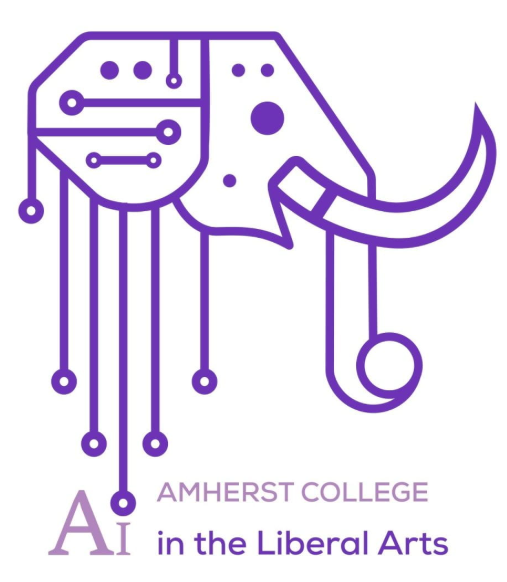 Last week, Grossman LLP special counsel Kate Lucas spoke to Amherst College students and faculty about emerging copyright issues posed by generative artificial intelligence (AI). The event was part of an ongoing initiative at Amherst called “AI in the Liberal Arts,” which aims to explore, from an interdisciplinary perspective, the ways in which AI is rapidly changing our world.
Last week, Grossman LLP special counsel Kate Lucas spoke to Amherst College students and faculty about emerging copyright issues posed by generative artificial intelligence (AI). The event was part of an ongoing initiative at Amherst called “AI in the Liberal Arts,” which aims to explore, from an interdisciplinary perspective, the ways in which AI is rapidly changing our world.
-
Ron Perelman Loses $400 Million Coverage Dispute Over Artworks That Survived A Fire But Lost Their “Oomph”
09/30/2025
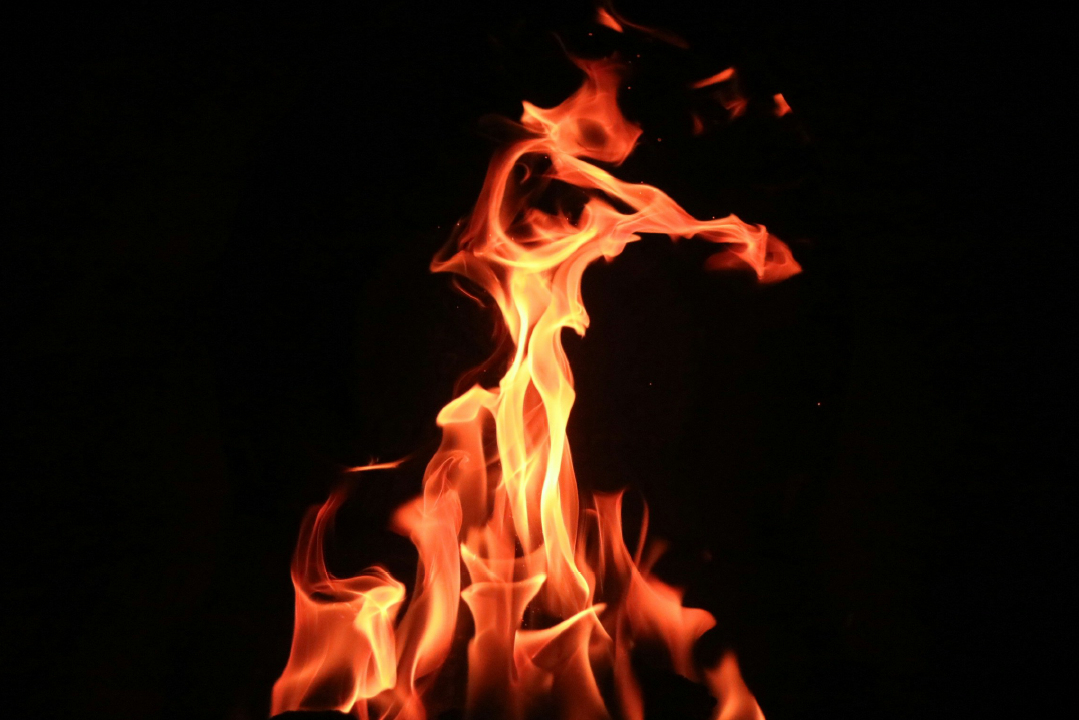 A New York judge has rejected Ron Perelman’s attempt to collect more than $400 million from insurers over five paintings he claimed were harmed in a 2018 fire at his East Hampton estate, the Creeks. The high-stakes case highlights how elusive and complex it can be to quantify claims of subtle damage to fine art in insurance disputes, where questions of value, perception, and proof often collide.
A New York judge has rejected Ron Perelman’s attempt to collect more than $400 million from insurers over five paintings he claimed were harmed in a 2018 fire at his East Hampton estate, the Creeks. The high-stakes case highlights how elusive and complex it can be to quantify claims of subtle damage to fine art in insurance disputes, where questions of value, perception, and proof often collide.
-
Senate Proposes Art Market Integrity Act
08/04/2025
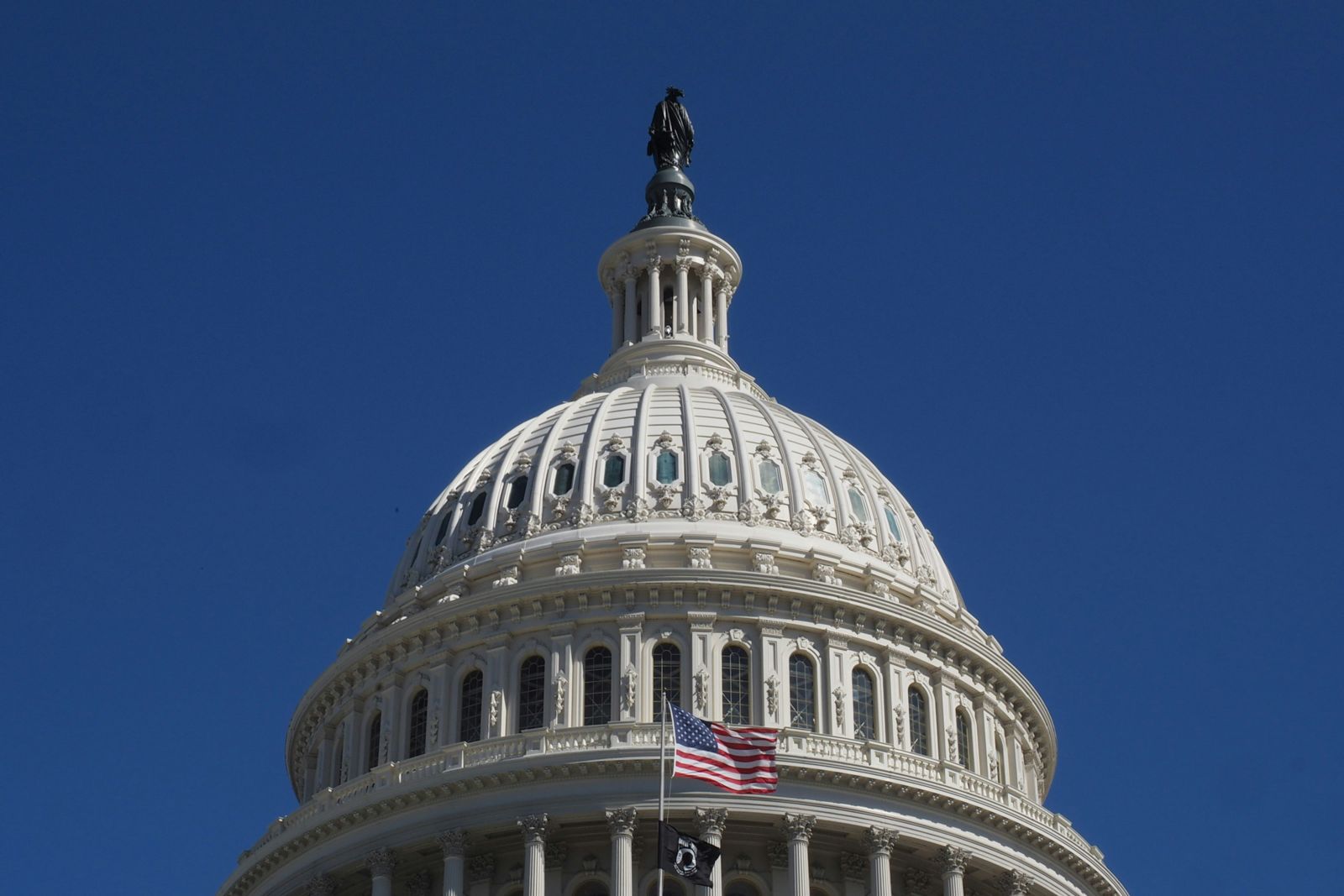 Recently introduced in the Senate, the Art Market Integrity Act seeks to enhance transparency in the art market by subjecting high-value and international transactions to anti-money laundering (AML) and counter-terrorism financing (CTF) regulations.
Recently introduced in the Senate, the Art Market Integrity Act seeks to enhance transparency in the art market by subjecting high-value and international transactions to anti-money laundering (AML) and counter-terrorism financing (CTF) regulations.
-
Grossman LLP Obtains Fraud Judgment Against Hedge-Fund Manager Philip Falcone
07/28/2025
 On Friday, the firm earned a decisive win in a long-running dispute against “former hedge-fund star” Philip Falcone, obtaining a fraud judgment in connection with a series of loans that Falcone took from our client—secured by his wife’s 20-carat Harry Winston diamond ring, as well as artworks by Picasso, Hirst, and Prince.
On Friday, the firm earned a decisive win in a long-running dispute against “former hedge-fund star” Philip Falcone, obtaining a fraud judgment in connection with a series of loans that Falcone took from our client—secured by his wife’s 20-carat Harry Winston diamond ring, as well as artworks by Picasso, Hirst, and Prince.
-
Grossman LLP Secures Federal Decision Recommending Issuance of Bench Warrant for the Arrest of Art Dealer Gone Rogue
07/24/2025
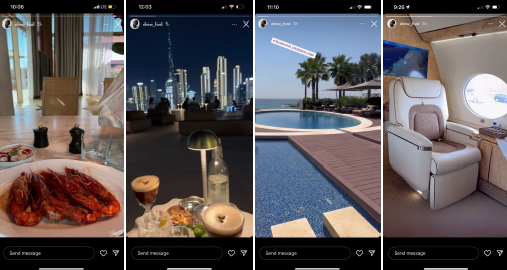 The Firm achieved a significant milestone this week after a federal Judge found that it would be appropriate to hold in contempt art dealer Andrew Foster, and issue a bench warrant for his arrest, after he “thumbed his nose” at the Court for completely failing to participate in post-judgment discovery—all the while, flaunting luxury travel, private flights, and fine dining on his social-media accounts.
The Firm achieved a significant milestone this week after a federal Judge found that it would be appropriate to hold in contempt art dealer Andrew Foster, and issue a bench warrant for his arrest, after he “thumbed his nose” at the Court for completely failing to participate in post-judgment discovery—all the while, flaunting luxury travel, private flights, and fine dining on his social-media accounts.
-
Kate Lucas and Jacqueline Jakimowicz Discuss Catalogues Raisonnés at the Center for Art Law
06/06/2025
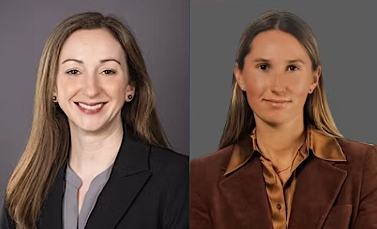 Special Counsel Kate Lucas and Associate Jacqueline Jakimowicz recently shared legal insights on catalogues raisonnés at the Center for Art Law.
Special Counsel Kate Lucas and Associate Jacqueline Jakimowicz recently shared legal insights on catalogues raisonnés at the Center for Art Law.
-
Grossman LLP Defeats Lender’s Effort To Dismiss Lawsuit Over Christopher Wool Artwork
06/03/2025
 This week, the Grossman team obtained an important victory in yet another case arising out of the fraudulent schemes of disgraced art dealer Inigo Philbrick. Our clients in this litigation were part of a group who, at Philbrick’s behest, co-invested in a Christopher Wool artwork.
This week, the Grossman team obtained an important victory in yet another case arising out of the fraudulent schemes of disgraced art dealer Inigo Philbrick. Our clients in this litigation were part of a group who, at Philbrick’s behest, co-invested in a Christopher Wool artwork. -
In Multilateral Dispute Over Basquiat Masterpiece, Federal Judge Confirms Major Grossman LLP Victory
05/30/2025
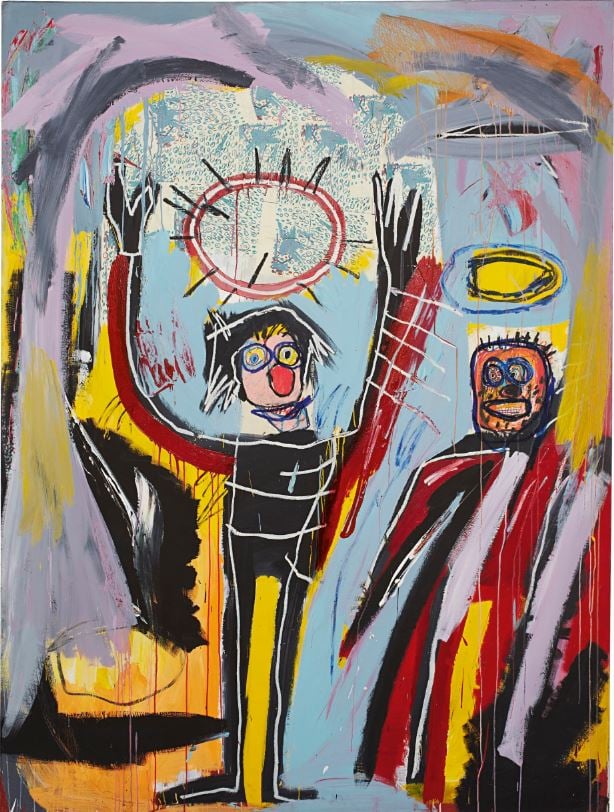 This past fall, we proudly announced a major victory for our client in a complex dispute over an important Basquiat painting at the center of the fraudulent schemes of disgraced art dealer Inigo Philbrick. Now, after nearly six years of litigation, we are pleased to report that yesterday, a federal judge upheld the earlier ruling in its entirety.
This past fall, we proudly announced a major victory for our client in a complex dispute over an important Basquiat painting at the center of the fraudulent schemes of disgraced art dealer Inigo Philbrick. Now, after nearly six years of litigation, we are pleased to report that yesterday, a federal judge upheld the earlier ruling in its entirety.
-
Latest Copyright Battle Against Jeff Koons Comes To An End, With a Cautionary Note for Artists
04/17/2025After a four-year legal battle, famed artist Jeff Koons has defeated a copyright lawsuit by another artist whose artwork was incorporated into a 1990 Koons project; earlier this spring, a federal judge held that plaintiff had waited too long to sue and his claims were time-barred.
-
In Litigation Over Holocaust Victim’s Lost Schiele Artwork, Second Circuit’s Reversal Keeps Claims Alive
04/04/2025
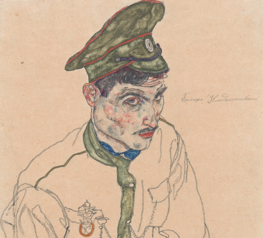 The Second Circuit Court of Appeals has weighed in on a dispute between the Art Institute of Chicago and the heirs of a Holocaust victim, over an artwork by famed Expressionist artist Egon Schiele.
The Second Circuit Court of Appeals has weighed in on a dispute between the Art Institute of Chicago and the heirs of a Holocaust victim, over an artwork by famed Expressionist artist Egon Schiele.
-
How U.S. Tariffs and Global Trade Wars Are Reshaping the Art Market
03/18/2025
 President Trump’s recent trade tariffs on Canada, Mexico, and China have led to major disruptions in the global art market, increasing costs and uncertainty in international art transactions.
President Trump’s recent trade tariffs on Canada, Mexico, and China have led to major disruptions in the global art market, increasing costs and uncertainty in international art transactions.
-
Copyright Office and Courts Continue to Wrestle With How Copyright Law Applies to AI Technology and AI-Generated Content
03/11/2025
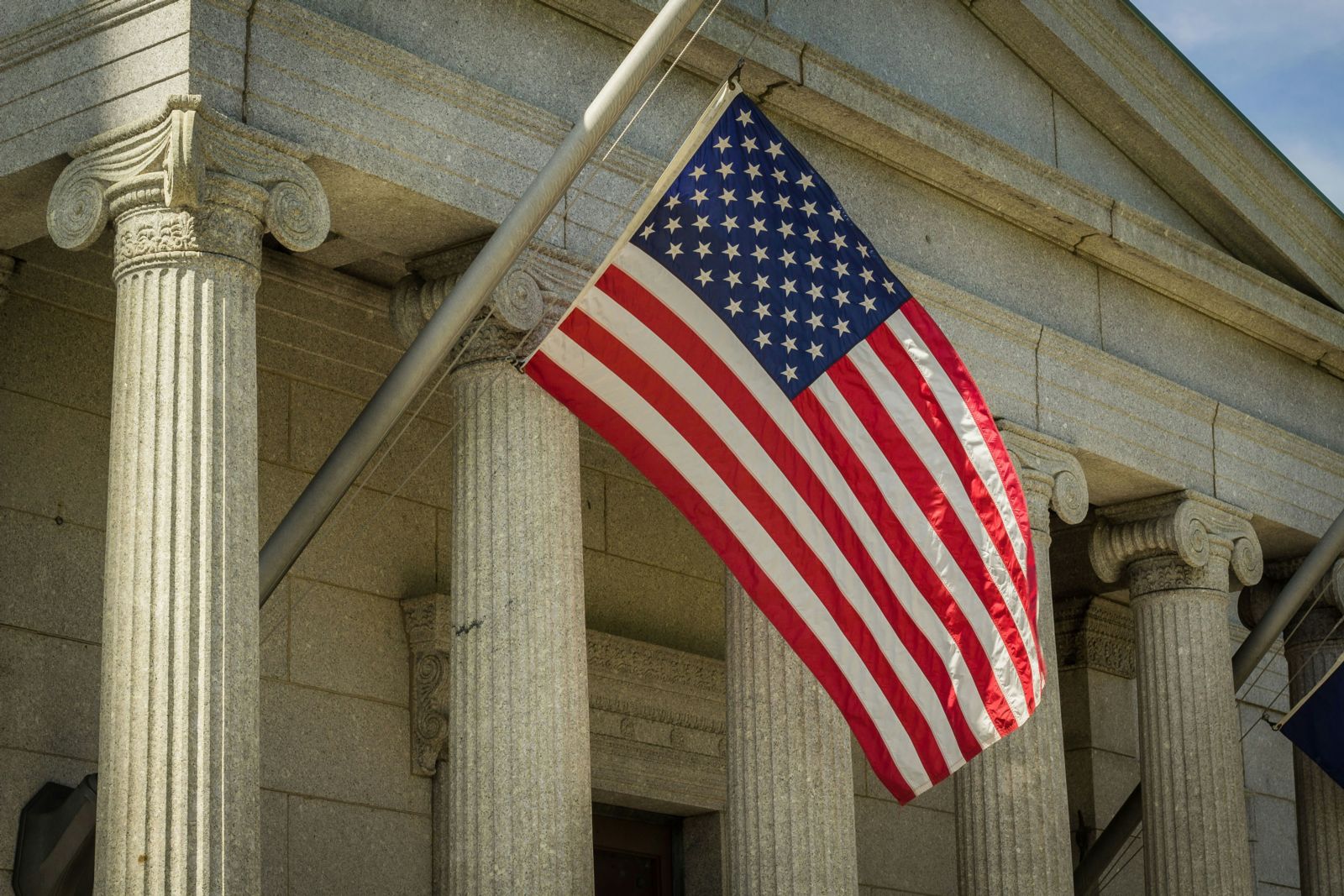 A report from the U.S. Copyright Office and a recent federal court decision are adding to the already complex legal landscape in which artificial intelligence (AI) tools are rapidly evolving. These new developments are relevant to anyone interested in how AI is changing the creative arts and copyright law.
A report from the U.S. Copyright Office and a recent federal court decision are adding to the already complex legal landscape in which artificial intelligence (AI) tools are rapidly evolving. These new developments are relevant to anyone interested in how AI is changing the creative arts and copyright law.
-
The Garage Sale Van Gogh?: Modern Authentication Issues and the Role of Developing Technologies
02/05/2025
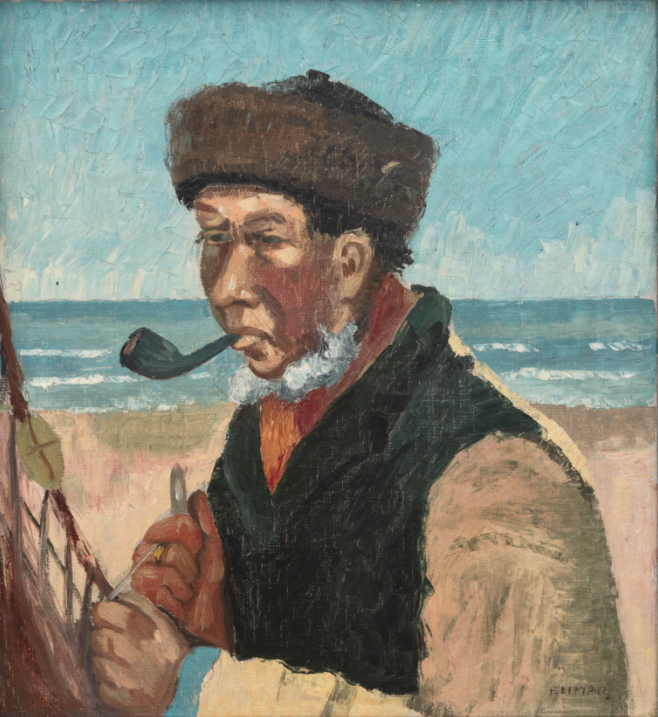 A team of experts is investigating a painting bought for under $50 at a garage sale, believing it to be an undiscovered portrait by Vincent van Gogh. The story illustrates some of the newest methods—and thorniest challenges—of authenticating art.
ATTORNEYS: Kate Lucas, Jacqueline Jakimowicz
A team of experts is investigating a painting bought for under $50 at a garage sale, believing it to be an undiscovered portrait by Vincent van Gogh. The story illustrates some of the newest methods—and thorniest challenges—of authenticating art.
ATTORNEYS: Kate Lucas, Jacqueline Jakimowicz
CATEGORIES : Art Market, Authentication, Museums, Provenance -
Grossman LLP Begins the New Year With Two Significant Victories
01/14/2025
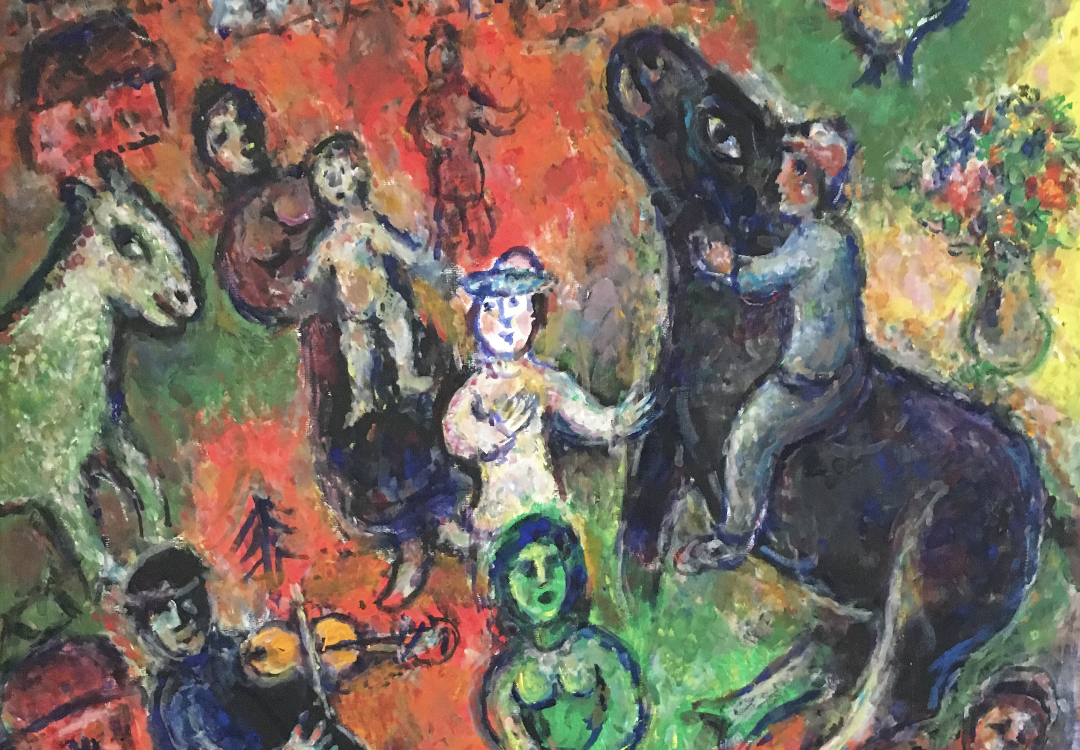 Grossman LLP is picking up right where it left off last year, securing two significant victories last week in New York federal and state court art-related disputes.
ATTORNEYS: Kate Lucas, Webster D. McBride
Grossman LLP is picking up right where it left off last year, securing two significant victories last week in New York federal and state court art-related disputes.
ATTORNEYS: Kate Lucas, Webster D. McBride
CATEGORIES : Art Galleries, Fine Art, Contracts, Firm Update -
2024 Year in Review
01/10/2025
.png) 2024 was another exceptional year for Grossman LLP, as we advanced our decade-plus legacy of trailblazing work in the field of art law, successfully representing our clients in a variety of complex litigation and transactional matters.
ATTORNEYS: Judd B. Grossman, Kate Lucas, Jacqueline Jakimowicz
2024 was another exceptional year for Grossman LLP, as we advanced our decade-plus legacy of trailblazing work in the field of art law, successfully representing our clients in a variety of complex litigation and transactional matters.
ATTORNEYS: Judd B. Grossman, Kate Lucas, Jacqueline Jakimowicz
CATEGORIES : Art Galleries, Art Market, Provenance, Firm Update, Ponzi Schemes
Art Law Blog
